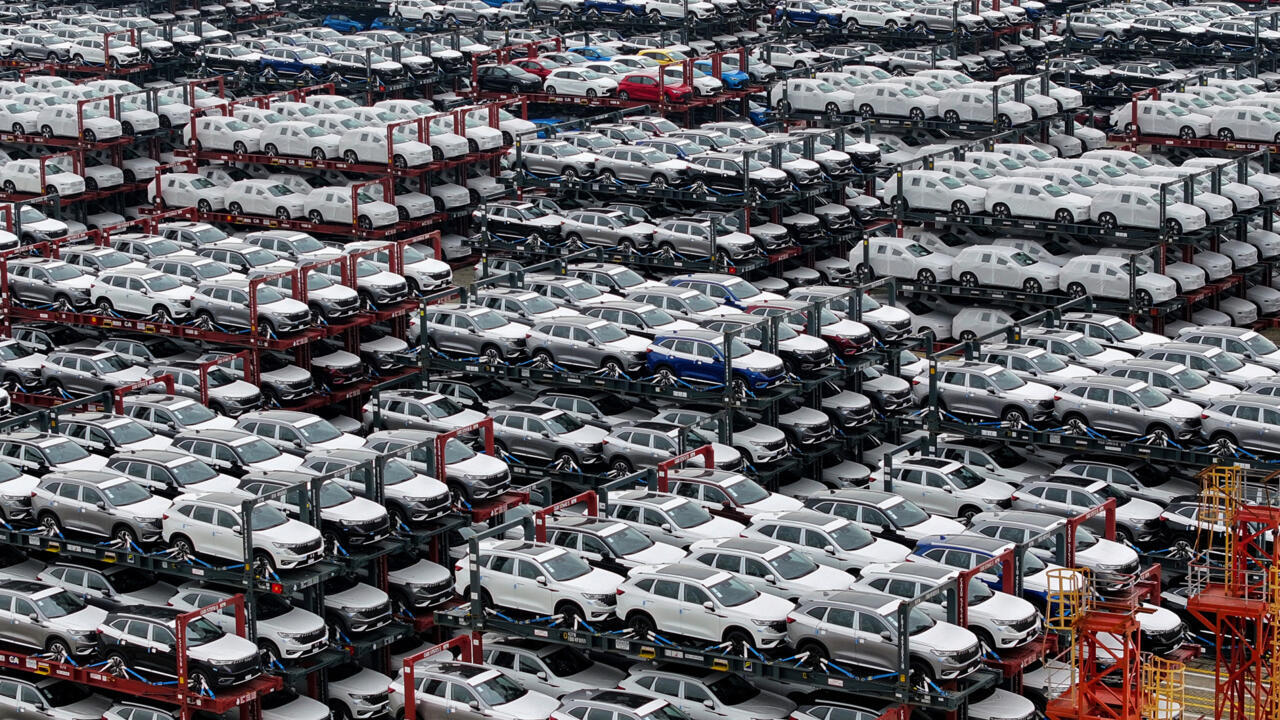The extra taxes of up to 35 percent were announced Tuesday after an EU probe found Chinese state subsidies were undercutting European automakers, but the move has faced opposition from Germany and Hungary, which fear provoking Beijing’s ire and setting off a bitter trade war.
China slammed Brussels’s decision on Wednesday morning, saying it did not “agree with or accept” the tariffs and had filed a complaint under the World Trade Organization’s (WTO) dispute settlement mechanism.
“China will take all necessary measures to firmly protect the legitimate rights and interests of Chinese companies,” Beijing’s commerce ministry said.
EU trade chief Valdis Dombrovskis said Tuesday that “by adopting these proportionate and targeted measures after a rigorous investigation, we’re standing up for fair market practices and for the European industrial base”. “We welcome competition, including in the electric vehicle sector, but it must be underpinned by fairness and a level playing field,” he said.
The duties will come on top of the current 10 percent on imports of electric vehicles from China. The decision became law following its publication in the EU’s official journal on Tuesday, and the duties will enter into force from Wednesday. Once they do, the tariffs will be definitive and last for five years. The extra duties also apply, at various rates, to vehicles made in China by foreign groups such as Tesla, which faces a tariff of 7.8 percent. Chinese car giant Geely – one of the country’s largest sellers of EVs – faces an extra duty of 18.8 percent, while SAIC will be hit with the highest at 35.3 percent.
The tariffs do not have the support of the majority of the EU’s 27 member states but in a vote early this month, the opposition was not enough to block them, which would have required at least 15 states representing 65 percent of the bloc’s population.
Volkswagen, which has been hit hard by rising competition in China, has previously said the tariffs would not improve the competitiveness of the European automotive industry. That warning came weeks before the ailing giant announced plans on Monday to close at least three factories in Germany and cull tens of thousands of jobs.
The EU could now face Chinese retaliation, with Beijing already saying on October 8 it would impose provisional tariffs on European brandy. Beijing has also launched probes into EU subsidies of some dairy and pork products imported into China.
Trade tensions between China and the EU are not limited to electric cars, with Brussels also investigating Chinese subsidies for solar panels and wind turbines. The EU is not alone in levying heavy tariffs on Chinese electric cars. Canada and the United States have in recent months imposed much higher tariffs of 100 percent on Chinese electric car imports.


